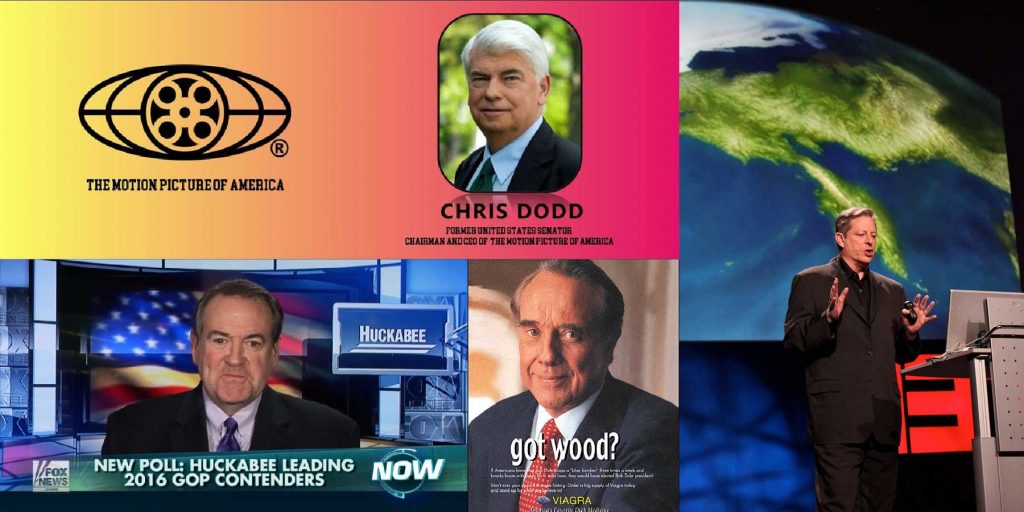
So, Trump is the new POTUS. What next for Clinton?
One of the most fiercely fought and downright bizarre US presidential elections is over. Donald Trump claimed yesterday that his campaign would be the “single greatest waste of time” if he lost – but plenty of former presidential candidates have capitalized on their newfound public personas to have fulfilling (and sometimes decidedly strange) careers.
Over $2 billion was raised and spent by the two campaigns and thousands of work hours were contributed by volunteers. But when all's said and done, only one side gets to see all that hard work pay off.
What's life like after losing a presidential election?
Not much compares to the job title of ‘leader of the free world’, but the people who lose presidential elections usually remain pretty influential. Let’s take a look at a few examples:
- Hillary Clinton: Secretary of State
- John Kerry: Secretary of State
- Al Gore: Nobel Peace Prize for fighting man-made climate change, advisor to Google, Apple Board member, TV station founder
- Mike Huckabee: Author & Fox anchor
- Chris Dodd: CEO of Motion Picture Association of America
- Bob Dole: Star of adverts for Dunkin’ Donuts, Pepsi (alongside Britney Spears) and Viagra (seriously).
And quite often (though not in Hillary’s case), people have lost, re-run, and won (Bush, Nixon, Cleveland).

It’s almost like losing an election actually opens up opportunities, without the difficult job of actually having to be president. Economists might have an idea as to why that is.
Elections are kind of like big auctions. Both candidates make their ‘bids’, and the person with the highest bid gets to be president. The difference is, unlike a normal auction where only the winner pays what she bid, with elections the loser has to pay too.
Economists call this an all-pay auction. The Olympics are a great example of an all-pay auction at work; any city seriously wanting to host the games usually needs to start building things like hotels, stadiums, and transportation infrastructure long before the winner is announced. That means the losing cities don’t get to host the Olympics, but they do end up with investments in things like public transit they probably wouldn't have made otherwise.
Elections are similar. In the process of running for president, the candidate makes massive investments in their personal brand. This usually turns them into mini-celebrities, or if they were already famous as with Trump and Clinton, super-celebrities. If they lose, they can then use this popularity, or ‘publicity capital’ in economics talk, to do other cool things like selling books, making TV shows, winning Nobel Prizes or running for president again.
Why doesn't everyone run for president?
The opportunity to build one’s personal brand might make running for president a pretty attractive idea, even for someone who doesn’t really want to be president all that much.
But the cost is immense. Candidates dedicate nearly 2 years of their lives to the election process alone. It’s been estimated that just throwing your hat into the ring can cost upwards of $10 million, with a full campaign likely to set you back nearly a billion dollars. Not to mention totally abandoning the possibility of a private life, and the idea of a ‘work-life balance’ for pretty much ever.
Because of these barriers, the final two candidates for prez are almost always both millionaires, practically out of necessity. Not to mention, you’re taking responsibility for the investment of time, money, and energy thousands of other Americans will put into your campaign, and risking devastating a lot of people if you lose.
All in all, the race of POTUS is a huge investment, and a huge gamble – but it doesn’t mean the end of public life, and probably isn’t, in the words of president-to-be Donald Trump, “a waste of time” if it doesn’t go the way you wanted it to. No one should be surprised to see Hillary Clinton remain in the public eye and pursue other goals in spite of this defeat.



